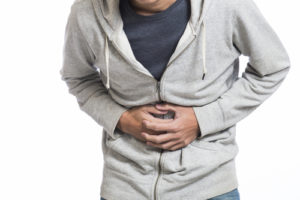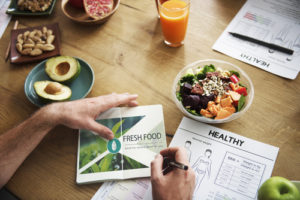Back to Main Page
Constipation is a common problem which involves a change in your pattern and making bowel movement less often than you usually do.Everybody has their own bowel movement patterns; some go many times per day, some go every 3 to 4 days.
Symptoms
Going to the toilet less often than normal to empty bowels,
Passing hard stools and having pain while doing so,
Constipation may be a symptom of an underlying condition you may have,

Constipation can also cause;
- Aches and cramps in the stomach
- Feeling of being bloated
- Nausea
- Loss of regular appetite
- Haemorrhoids (Piles)
Causes of constipation
Not consuming enough fibre in the diet such as vegetables, fruit, cereals, and wholemeal.
Not consuming enough fluids – fluids soften the stools and make them easier to pass therefore 8-10 glasses of water per day is recommended.
Medications such as iron tablets, pain killers can cause constipation as a side effect.
Medical conditions can cause constipation such as under-active thyroid gland, or irritable bowel syndrome and other gut disorders.
Pregnancy can cause constipation due to the changes in hormone levels in the body
What can I do to help constipation?

Eat
- Fibre 5+ per day vegetable and fruit
- Increase your fibre intake by adding lentils, beans and chickpeas into your diet
- Choose wholegrain options for breads as they contain fibre and additionally protect against heart disease and some cancers
- Swap white pastas for brown as they contain more fibre
- Swap cereals to whole grain options
Drink
It’s important to drink plenty of fluids. Irish

guidelines recommend approx. 8-10 glasses per day as fibre soaks up the contents of the bowels which in turn makes it easier to pass (INDI, 2016).
Physical Activity
Taking part in regular physical activity stimulates the bowel movements. It is recommended that all adults take part in regular physical activity for a minimum of 30 minutes per day at a moderate level. This can be activities such as walking, jogging , dancing, playing tennis or sports etc.
Never ignore the urge
Don’t ever ignore the urge to make bowel movements. If you choose to ignore it, this can greatly increase your chances of becoming constipated.
When to see your doctor
If the diet and lifestyle changes does not improve your symptoms, its best to seek medical advice and get treatment for constipation. At I.T. Sligo Student Health services you can see the nurse who can advise on the best option for you.
We can support you
Book an appointment with the nurse at IT Sligo Health Services reception desk – don’t forget your student ID card.
Email studenthealthservices@nullitsligo.ie or contact -071 93 05463 or 071 93 05205 for further information.